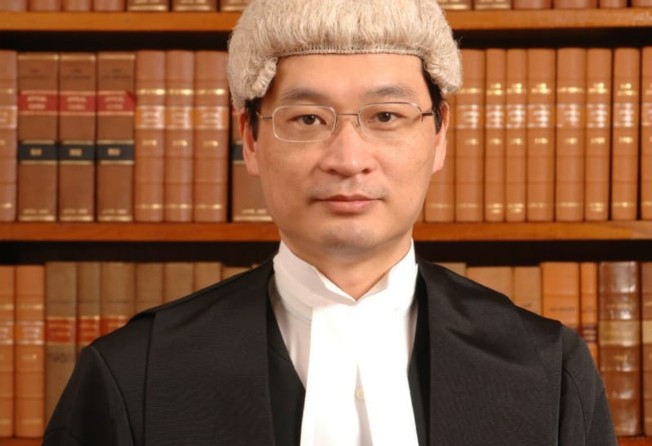
Tycoon Jimmy Lai loses Court of Appeal bid to block Hong Kong police inspection of his mobile phones over national security charges
- Chief judge rules journalistic material ‘not immune from search and seizure’ in criminal investigations
- Owner of closed Apple Daily newspaper to face trial on national security charges in December; English King’s Counsel approved to join defence team

Hong Kong media tycoon Jimmy Lai Chee-ying has lost an appeal against police inspection of journalistic material stored on his mobile phones in the run-up to his trial on national security charges.
Three Court of Appeal judges on Wednesday upheld an earlier ruling that police could inspect Lai’s digital devices and potentially use them as evidence against the mogul and the now-closed Apple Daily tabloid-style newspaper he founded.
Lai, 74, is to be tried in front of a three-judge panel in December on charges of conspiracy to collude with foreign forces and conspiracy to publish seditious material.
Chief Judge of the High Court Jeremy Poon Shiu-chor and madam justices Susan Kwan Shuk-hing and Carlye Chu Fun-ling endorsed the lower court’s finding in their ruling.
Poon, who wrote the judgment, said police must have wide powers to conduct effective searches in connection with national security allegations to nip any transgressions in the bud, as required by the Beijing-imposed law.
“Although always subject to the protection and procedural safeguards based on public interest and vigilant judicial scrutiny, journalistic material is not immune from search and seizure in the investigation of any criminal offence,” Poon ruled. “As a matter of principle, the same must be true for offences endangering national security.”

Lai had earlier lost a bid in a lower court to bar police from inspecting his two iPhones.
Mr Justice Wilson Chan Ka-shun, of the Court of First Instance, ruled in August that police were entitled to seize the tycoon’s devices because of “paramount” public interest.
He said the protection of press freedom could not be the basis for a blanket prohibition on the seizure of journalistic material.
The chief judge, in a separate application, allowed a prominent British barrister to join Lai’s legal team in light of a “clear” public interest, despite objections by the Department of Justice and the Bar Association.
Tim Owen, a King’s Counsel, was admitted to appear at the December trial, the first prosecution of its kind to be heard in the Court of First Instance.
Poon said he anticipated the trial would require the lower court to strike a balance between safeguarding national security and protecting freedom of expression, which would be “extremely difficult and delicate”.
He added the admission of a high-calibre barrister to the landmark case would assist the development of Hong Kong’s jurisprudence.
Owen, of London’s Matrix Chambers, has appeared in several high-profile cases in Hong Kong.
Former clients include Rurik Jutting, an ex-British banker, who was convicted of the brutal murders of two women in 2014, and the highest-ranking officer among the seven policemen prosecuted for assaulting a protester during the 2014 Occupy protests.